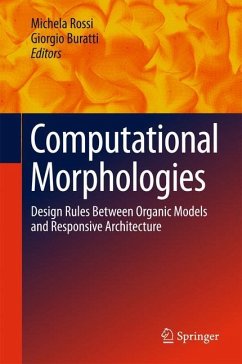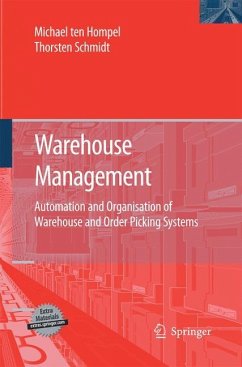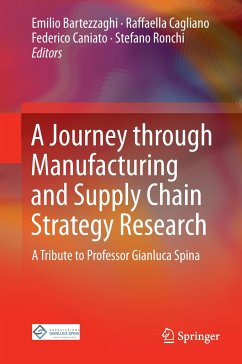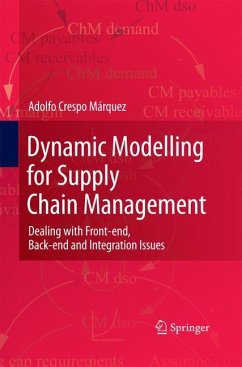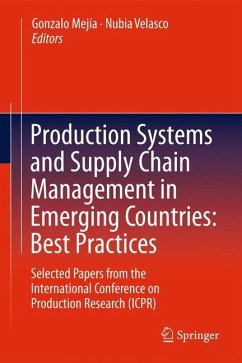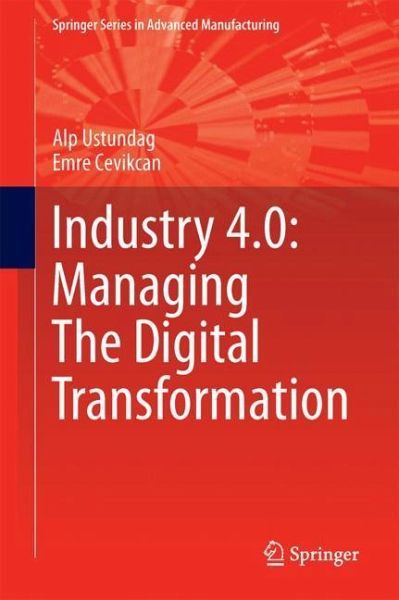
Industry 4.0: Managing The Digital Transformation
Versandkostenfrei!
Versandfertig in 6-10 Tagen
166,99 €
inkl. MwSt.
Weitere Ausgaben:

PAYBACK Punkte
83 °P sammeln!
This book provides a comprehensive guide to Industry 4.0 applications, not only introducing implementation aspects but also proposing a conceptual framework with respect to the design principles. In addition, it discusses the effects of Industry 4.0, which are reflected in new business models and workforce transformation. The book then examines the key technological advances that form the pillars of Industry 4.0 and explores their potential technical and economic benefits using examples of real-world applications. The changing dynamics of global production, such as more complex and automated p...
This book provides a comprehensive guide to Industry 4.0 applications, not only introducing implementation aspects but also proposing a conceptual framework with respect to the design principles. In addition, it discusses the effects of Industry 4.0, which are reflected in new business models and workforce transformation. The book then examines the key technological advances that form the pillars of Industry 4.0 and explores their potential technical and economic benefits using examples of real-world applications. The changing dynamics of global production, such as more complex and automated processes, high-level competitiveness and emerging technologies, have paved the way for a new generation of goods, products and services. Moreover, manufacturers are increasingly realizing the value of the data that their processes and products generate. Such trends are transforming manufacturing industry to the next generation, namely Industry 4.0, which is based on the integration of information and communication technologies and industrial technology.The book provides a conceptual framework and roadmap for decision-makers for this transformation






